13 Purchases That Aren’t Worth It in Today’s Economy
In today’s economy, making smart spending choices is more important than ever. With rising costs and economic uncertainty, it’s essential to prioritize purchases that truly add value to your life. While some items may seem appealing, they often end up being more of a financial burden than a worthwhile investment. This article highlights several purchases that are better left avoided, helping you save money and make more informed decisions.
This post may contain affiliate links, which helps keep this content free. Please read our disclosure for more info.
Trampolines
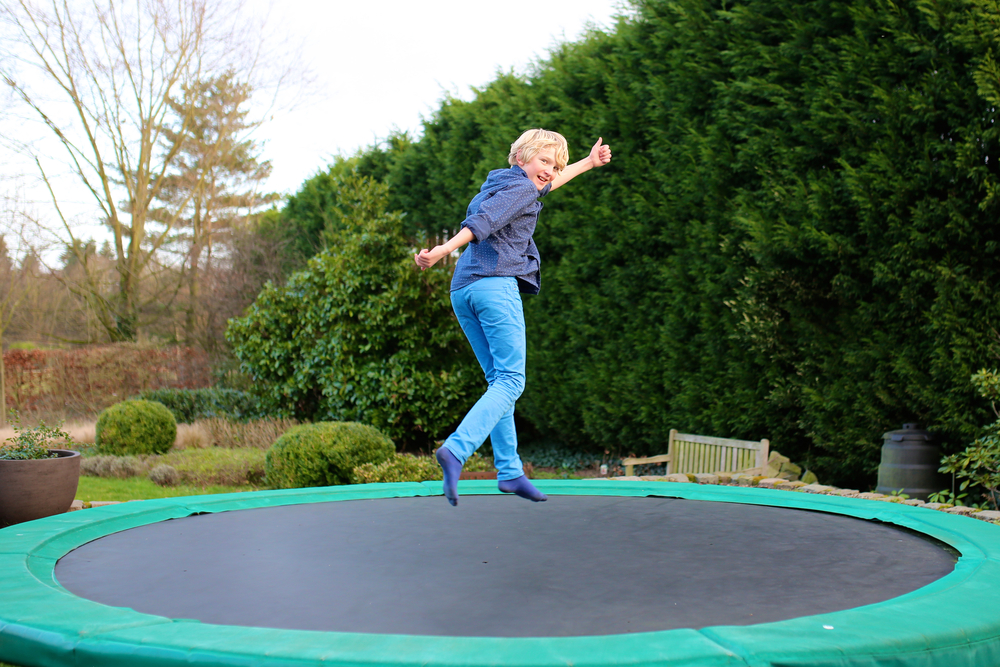
Trampolines are often marketed as a great way for families to stay active and have fun outdoors, but in today’s economy, they can be an impractical purchase. The initial cost may seem reasonable, but the ongoing expenses for maintenance quickly add up. Replacing safety nets, repairing springs, or patching up holes in the fabric are common costs that often go unnoticed. Additionally, in regions where the weather is unpredictable or harsh, storing a trampoline during the off-season can be both inconvenient and costly.
The danger of injury is another factor to consider. Many households overlook the potential for accidents, especially for young children. The risk of sprains, fractures, or even more serious injuries can result in costly medical bills. When you factor in the risk, maintenance, and short-lived novelty of the trampoline, it becomes clear that they might not provide enough value to justify the investment, especially when other, safer forms of entertainment and exercise are available at a fraction of the cost.
Boats

Owning a boat can sound like the ultimate luxury, but it often becomes more of a financial burden than a fun pastime. The upfront cost of purchasing a boat is just the beginning. After that, there are storage fees, maintenance costs, fuel, and insurance, all of which can add up to thousands of dollars annually. Boats also require regular upkeep, from cleaning the hull to servicing the engine, and neglecting these tasks can lead to costly repairs down the line.
Boats lose their value quickly, much like cars, which means that they are not the best investment for those looking to get their money back. Many boat owners also find that they don’t use their boats as often as they imagined, especially in areas with short boating seasons. Instead of committing to boat ownership, renting or sharing a boat when you need one can be a far more cost-effective solution.
Timeshares

Timeshares are often advertised as a way to lock in future vacations at today’s prices, but they are generally a poor financial decision in the current economic climate. The upfront cost is significant, and in addition to that, owners are burdened with annual maintenance fees that rise over time. These fees, along with the initial purchase price, make timeshares a much more expensive option than they initially appear. What’s more, many people find it difficult to use their timeshare regularly, especially if they live far from the resort location.
The resale market for timeshares is notoriously bad. You may find it incredibly difficult, if not impossible, to sell your timeshare, and the value of the unit often decreases significantly after purchase. In a time when people are more mindful of unnecessary expenses, timeshares are a long-term commitment that doesn’t always provide the flexibility or savings they promise.
Designer Handbags
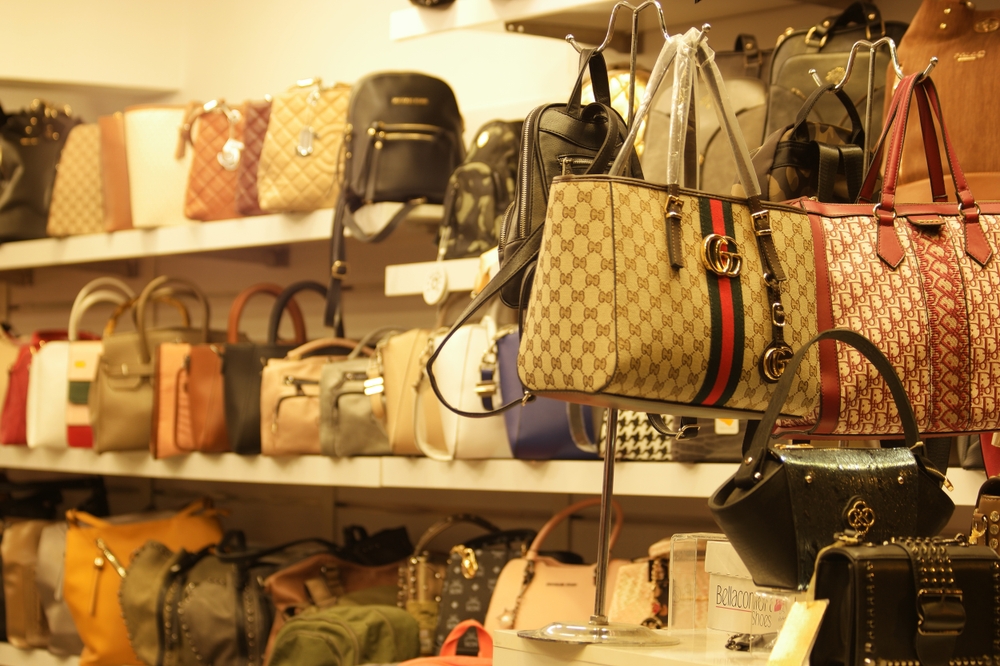
Designer handbags have long been seen as status symbols, but with rising living costs and increasing financial pressures, they are less viable purchases today. The high price tags of brands like Chanel, Louis Vuitton, and Gucci mean that these handbags are often out of reach for many people, especially when considering that the price can exceed several thousand dollars. While these bags may retain some resale value, they are still considered luxury items and are not necessities.
The idea that designer handbags are a good investment is largely a myth. While some rare models may appreciate, the vast majority of designer bags depreciate over time, much like other fashion items. With so many affordable, stylish alternatives available, it makes more sense to invest in quality, durable bags from reputable brands that don’t carry the hefty price tag. In today’s economy, opting for a functional and well-made handbag rather than one with a designer label is a more practical choice for most people.
Gym Memberships
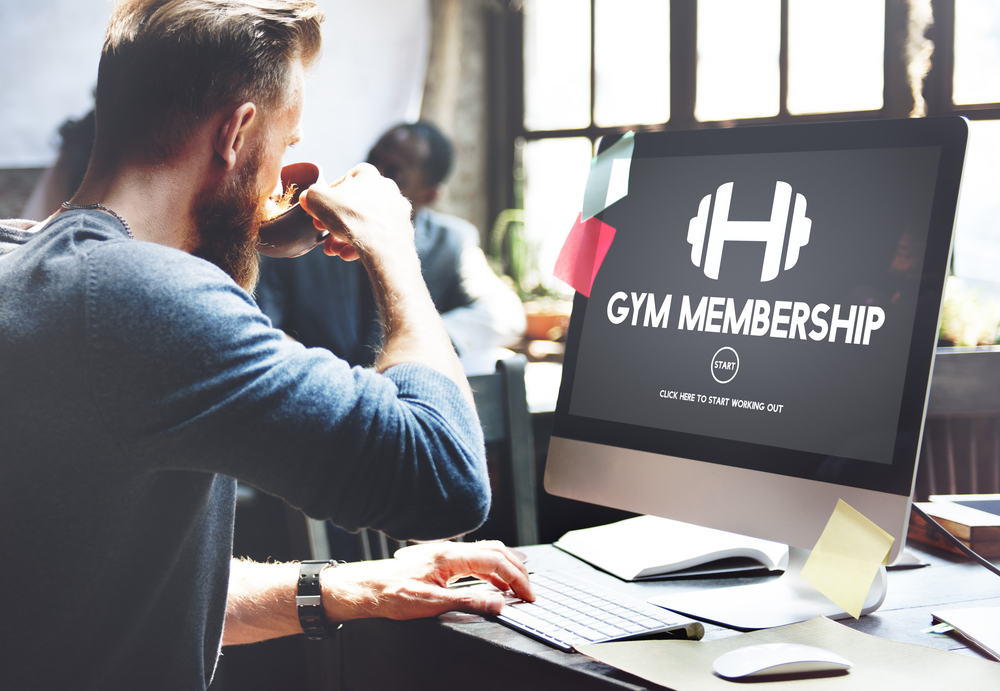
While gym memberships offer access to fitness equipment and classes, they often become a waste of money in today’s economy. The monthly fees can quickly add up, especially if you do not use the gym regularly. Many people find that they sign up with good intentions but end up rarely using the membership, making it an ongoing expense without much return. Furthermore, with so many free or low-cost alternatives available, such as home workout routines, outdoor activities, and online fitness programs, paying for a gym membership may not be the best investment.
Additionally, many gyms charge extra for things like personal training sessions, specialized classes, and premium amenities, which can push the cost even higher. With the rise of fitness apps, virtual workouts, and home gym equipment, it’s often more cost-effective to invest in tools or subscriptions that cater to your specific fitness goals. Instead of locking yourself into a costly gym contract, consider more flexible, affordable options that fit into your lifestyle.
Brand-New Cars
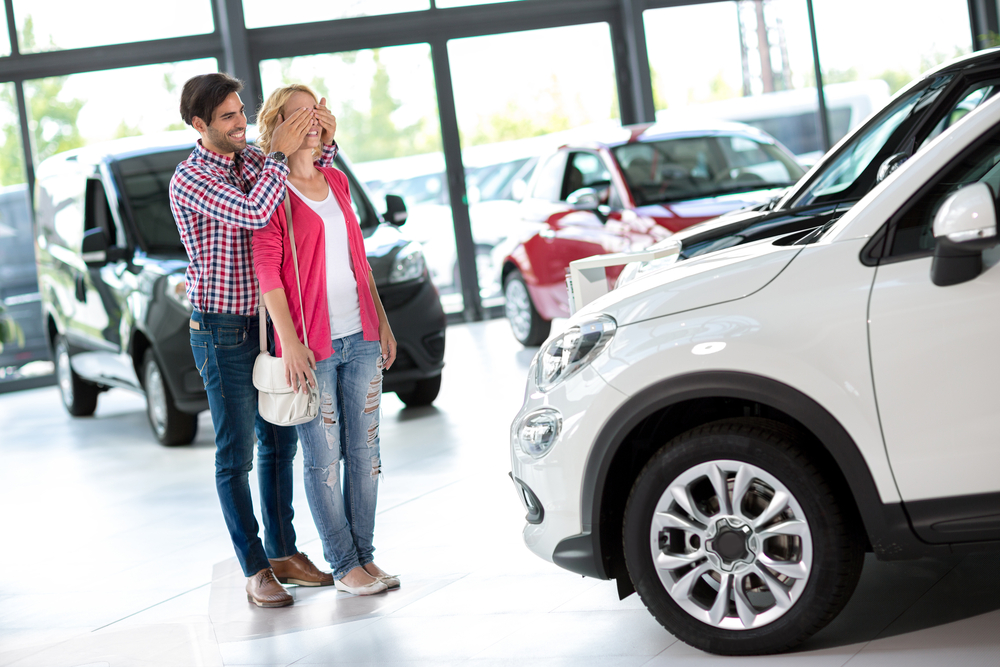
Purchasing a brand-new car may seem like an exciting investment, but it is often not the most financially savvy decision today. The biggest downside is the depreciation; a new car can lose as much as 20% of its value in the first year alone. With new cars, you’re paying a premium for the latest model and features, but this quickly fades as soon as you drive it off the lot. When looking at long-term value, buying a used car in good condition or leasing a car often makes more sense.
Additionally, with rising gas prices, maintenance costs, and the increasing price of new cars, the financial burden can be overwhelming. Many people also find themselves struggling to keep up with monthly car payments, insurance, and other expenses associated with new car ownership. In today’s economy, a more affordable option, such as purchasing a reliable used car, is a better choice for most individuals looking to save money.
Expensive Coffee Makers
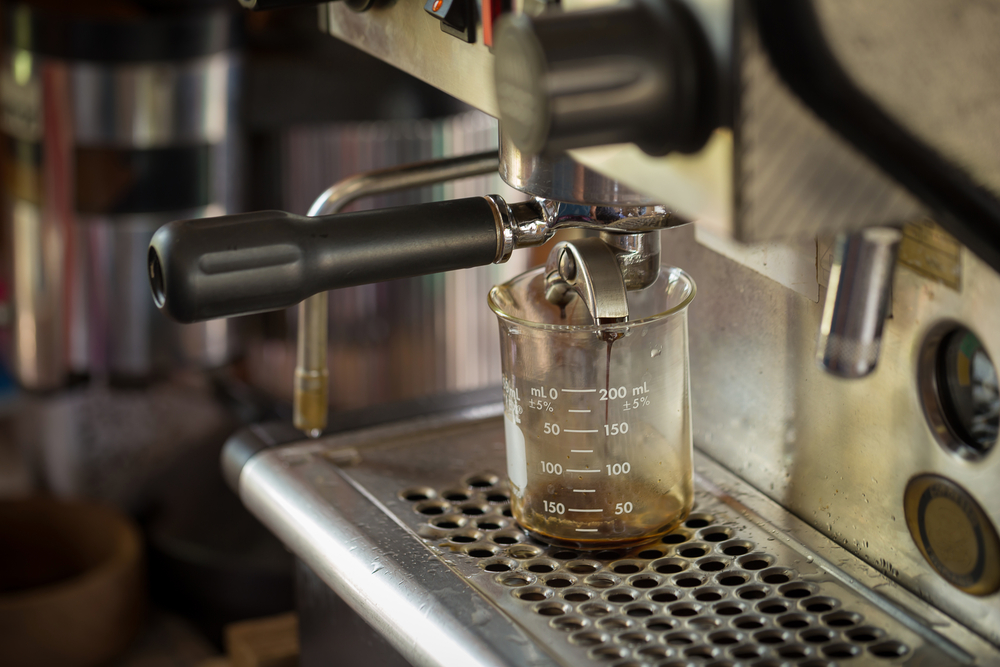
While high-end coffee makers promise the perfect cup of coffee, they often aren’t worth the investment in the current economy. The cost of a premium coffee maker can range from hundreds to thousands of dollars, but the quality of the coffee doesn’t always match the price. Many people are tempted by the convenience of brewing their own coffee, but over time, the upkeep of expensive machines, including repairs, specialty filters, and the cost of beans, can become costly.
Furthermore, with coffee shops offering affordable and high-quality drinks, it may make more sense to skip the investment in a fancy machine. If you’re someone who enjoys a cup of coffee on the go, purchasing coffee from a local shop or a budget-friendly single-serve coffee maker is a more economical choice. The luxury of an expensive machine may not justify the long-term costs when simpler options can give you just as satisfying a cup.
Luxury Kitchen Appliances

High-end kitchen appliances, like top-tier refrigerators, ovens, and dishwashers, can be tempting, but they may not offer the best value in today’s economy. Many luxury appliances come with features and designs that sound impressive but may not necessarily be needed. In some cases, these appliances may be less energy-efficient or have more complex features than their standard counterparts, leading to higher costs not just in the initial purchase but also in operation and maintenance.
In today’s financial climate, many people are opting for more budget-friendly options that serve their needs without the inflated price tag. While it’s important to have reliable appliances, spending thousands on a luxury oven or fridge is often an unnecessary expense. A well-maintained mid-range appliance can offer similar functionality without the hefty price, making it a more sensible option for most households.
Subscription Boxes

Subscription boxes that deliver curated items each month can be a fun surprise, but they are often not worth the money in the long run. Whether it’s beauty products, snacks, or fitness gear, the cost of these monthly boxes adds up quickly, and often the value of the items included is far less than the subscription fee. Additionally, many people find that they accumulate items they don’t need or will never use, leading to wasted money and clutter in their homes.
With so many alternatives available, such as shopping directly for the items you want or using trial offers, subscription boxes are an outdated and inefficient way to shop. While they can be fun initially, they often become more of a burden than a benefit. In a time when people are focusing on cutting unnecessary spending, opting out of subscription services makes more financial sense.
Wedding Planning Services

Hiring a wedding planner can seem like a great idea for a stress-free celebration, but in today’s economy, it’s not always a wise financial decision. The cost of wedding planners can range from hundreds to thousands of dollars, depending on the level of service. With couples opting for more intimate ceremonies or elopements, the need for an expensive planner is rapidly diminishing. Many venues now offer all-inclusive wedding packages, eliminating the need for a separate planner.
Additionally, couples are increasingly turning to DIY wedding planning with the help of online resources and apps that simplify the process. This shift not only helps save money but also gives couples more control over their big day. If you are on a budget, considering these alternatives can reduce wedding costs significantly without compromising on quality or experience.
Designer Sneakers

Designer sneakers are a trend that’s exploded in popularity over the past decade, but they may not be the most practical purchase in today’s economy. These high-priced shoes can range from several hundred to even thousands of dollars, but many people find that they wear out quickly or are more prone to damage due to frequent use. The resale value of designer sneakers, while often touted, can be unpredictable and doesn’t always justify the high price.
With many affordable sneaker brands offering similar styles and comfort, investing in designer footwear can seem wasteful when budget-friendly options provide the same benefits. Sneakers are a fashion statement, but their practicality often falls short when compared to the cost. For most people, sticking to quality, affordable brands is a far better financial decision.
Private School Tuition

While private schools can offer a high level of education, the cost of tuition is often prohibitive, especially when considering the financial strain many families face. Private school tuition can range from a few thousand to over $50,000 per year, making it an expensive option for most families. Public schools often provide the same quality of education, with the added benefit of no tuition fees. With the right resources, extracurricular activities, and support systems, public schools can offer a comparable education at a fraction of the cost.
Private school tuition is one of those expenses that can stretch a family’s budget thin, especially when saving for college or planning for long-term goals. Many families are now opting for more affordable educational options, which provide a solid education without the heavy financial burden. In today’s economy, considering alternatives like charter schools, online learning, or homeschooling can help families save significant amounts of money.
Imported Foods
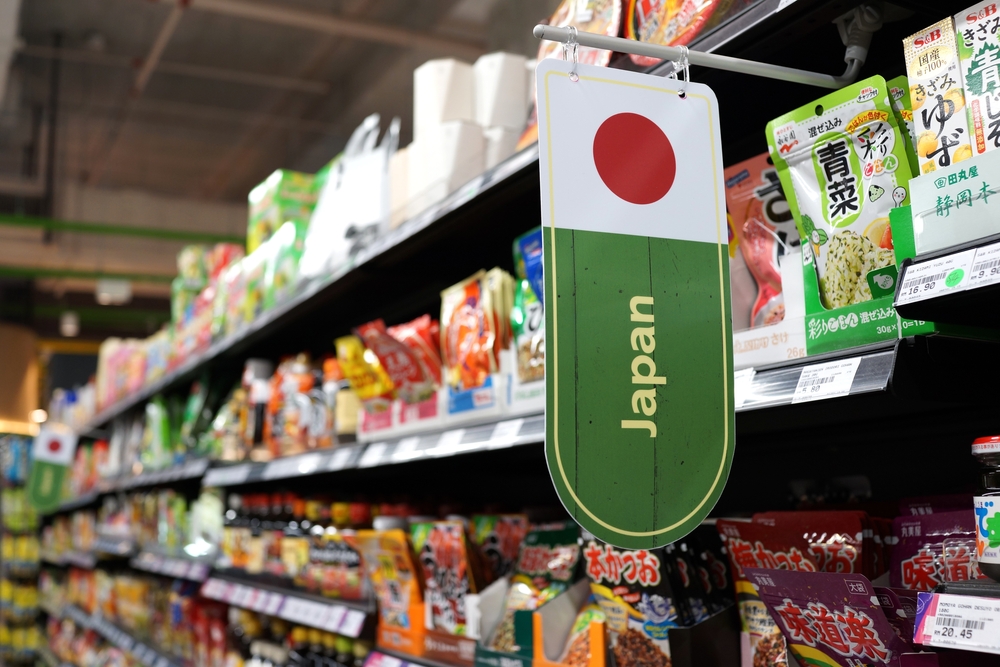
While it may seem tempting to buy imported goods for their exotic appeal, they are often not worth the higher price in today’s economy. Imported foods can be significantly more expensive than locally sourced options, often due to import taxes, shipping costs, and the markup from grocery stores. Not only do they cost more, but they can also be less fresh, as they may have spent days or weeks in transit before reaching your local store.
With so many local farms and producers offering fresh, high-quality alternatives, there’s no need to pay extra for imported foods. Supporting local businesses is not only a more affordable option but also beneficial to the local economy. In today’s financial climate, choosing locally sourced foods helps you save money while supporting your community.
This article originally appeared on Avocadu.
